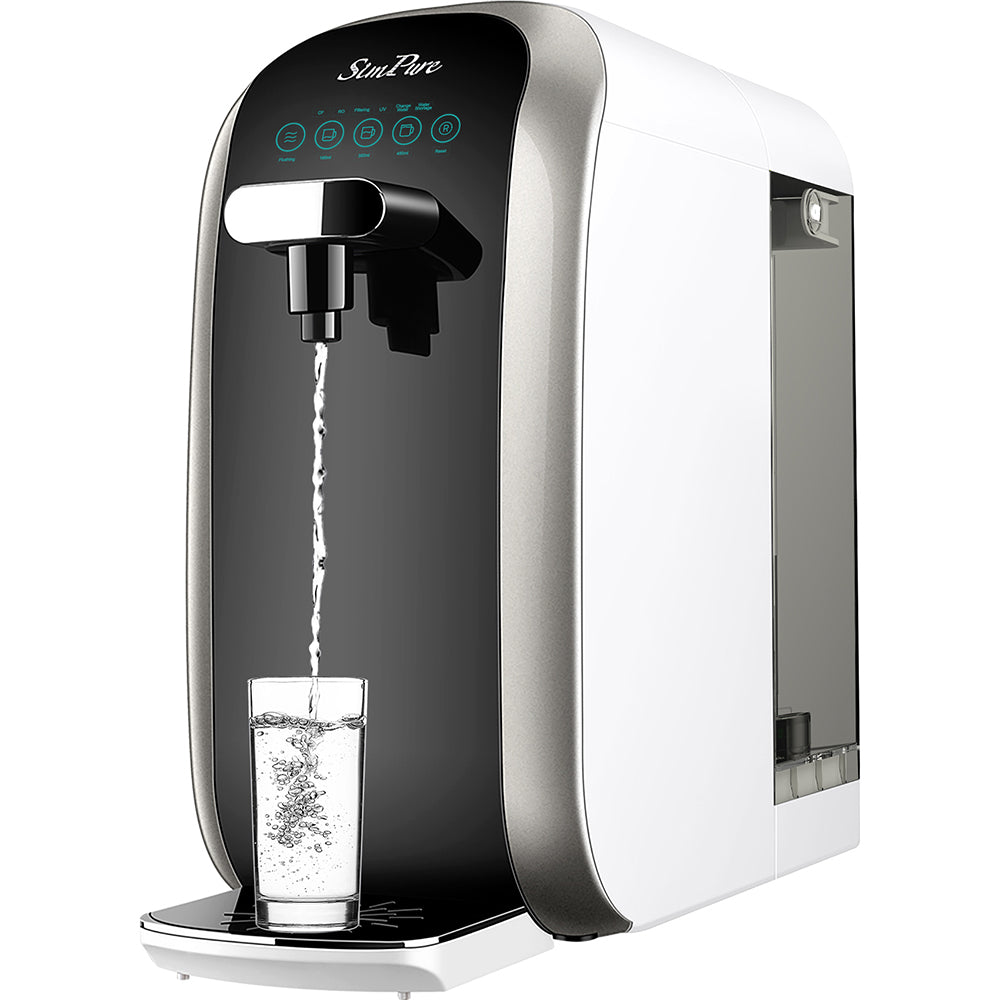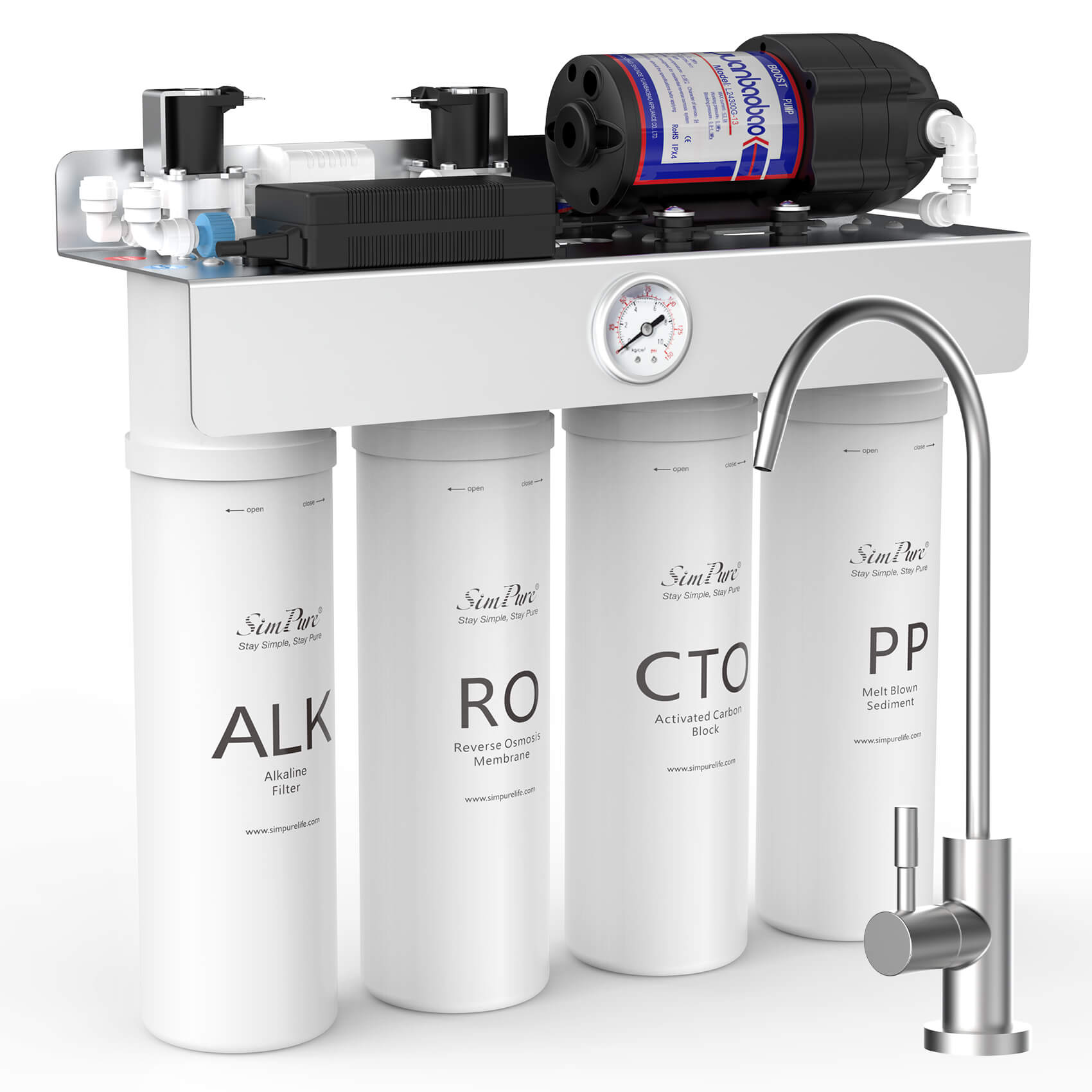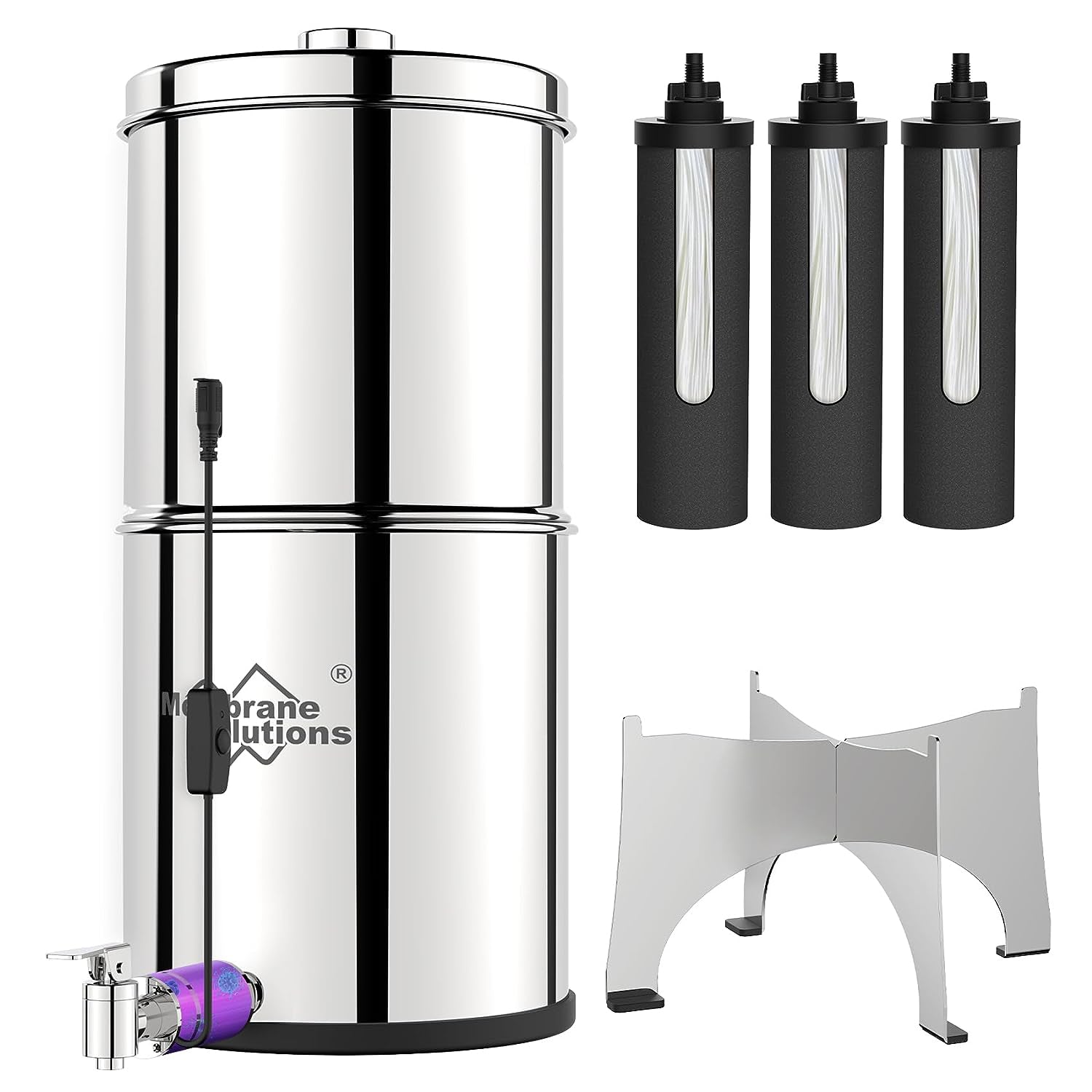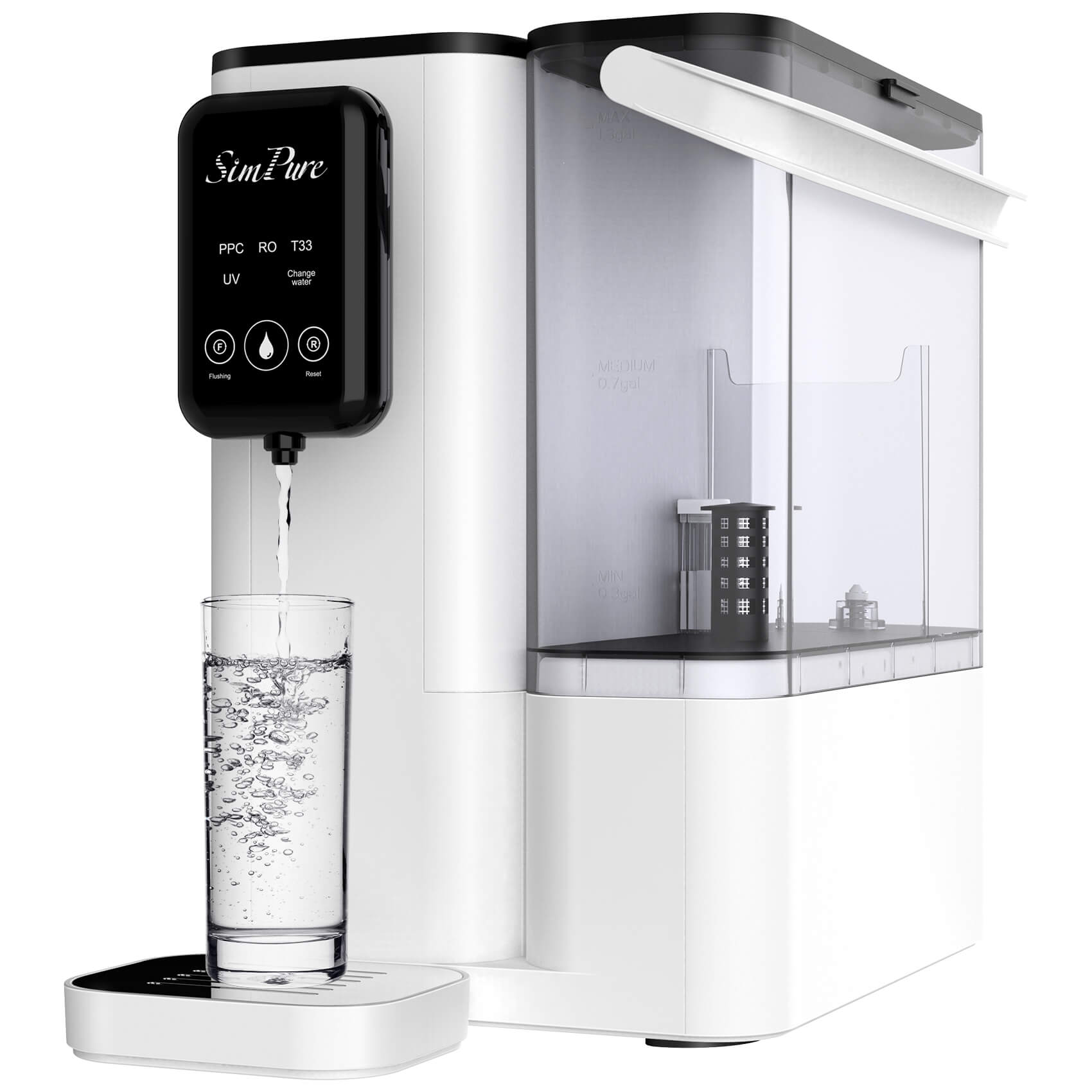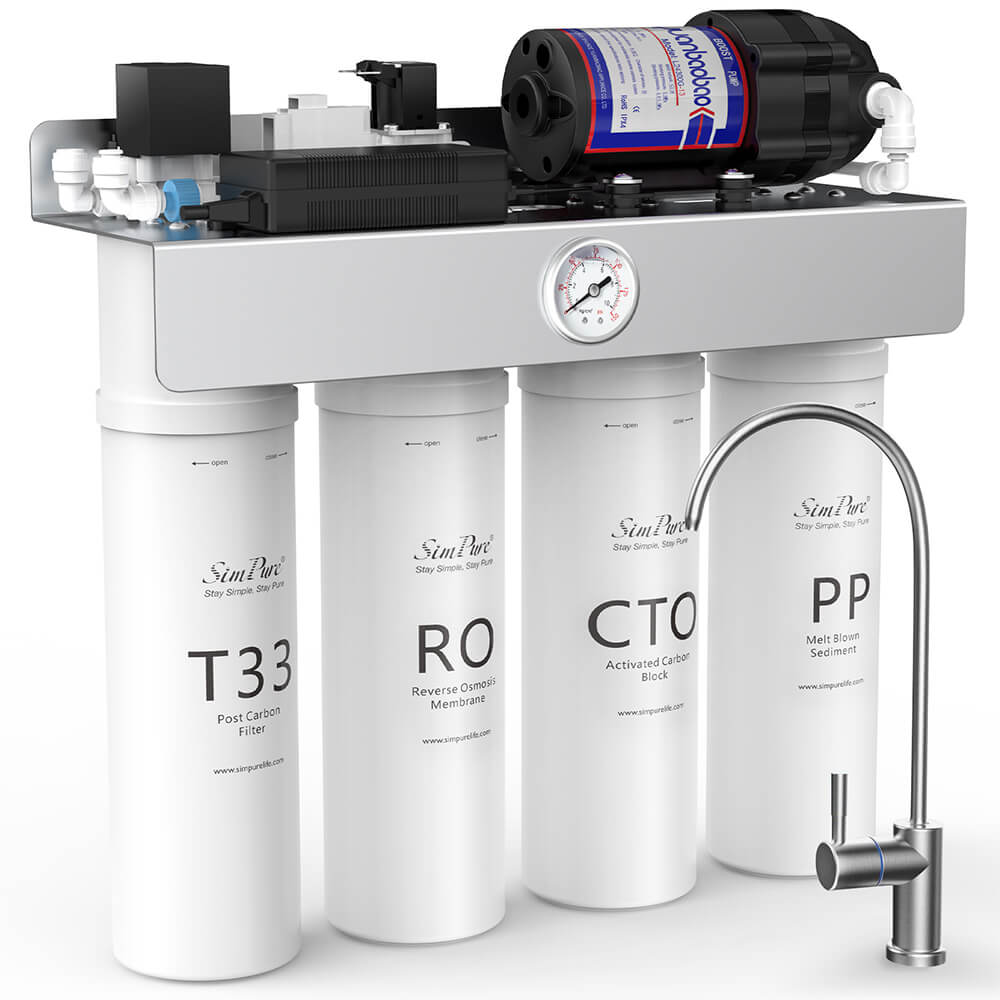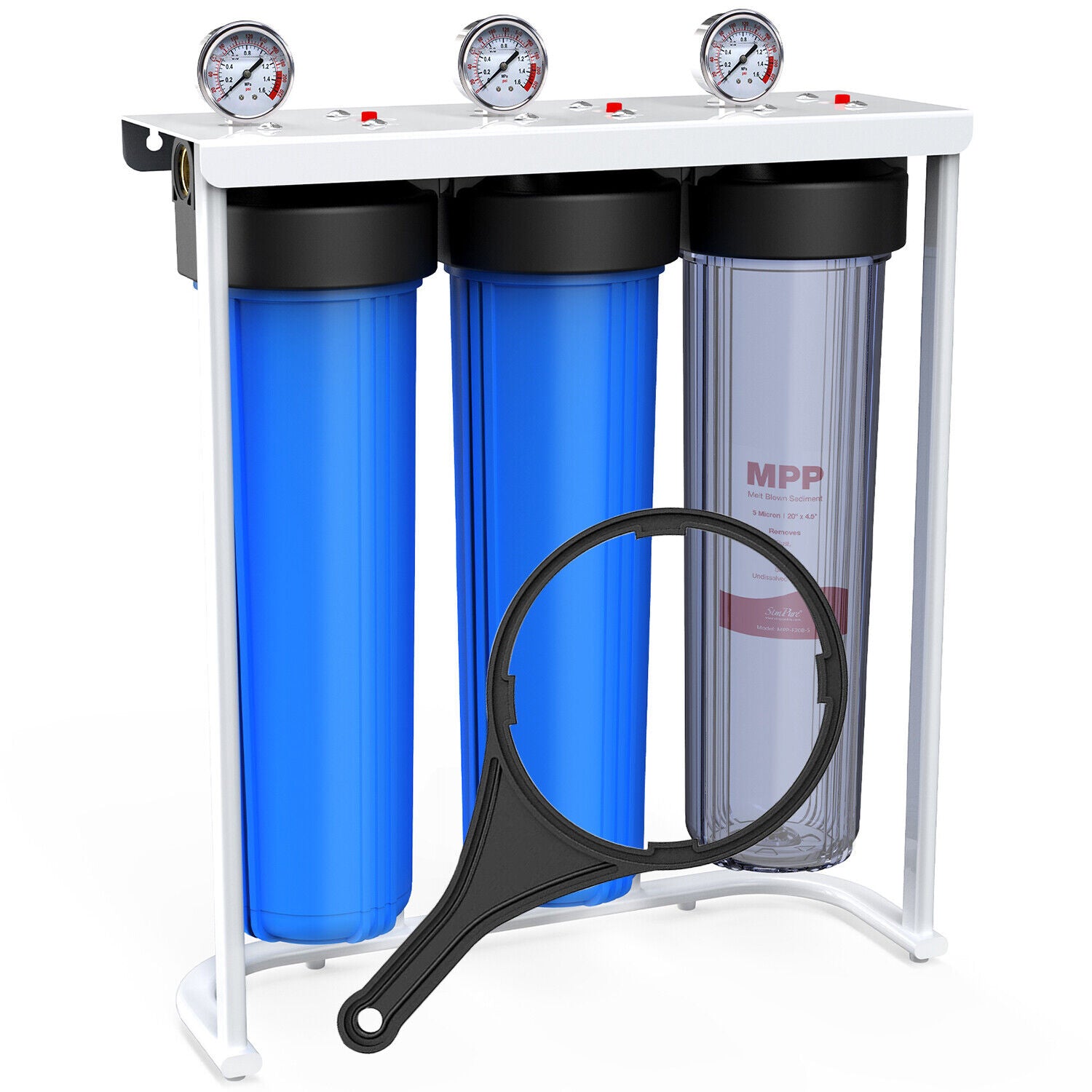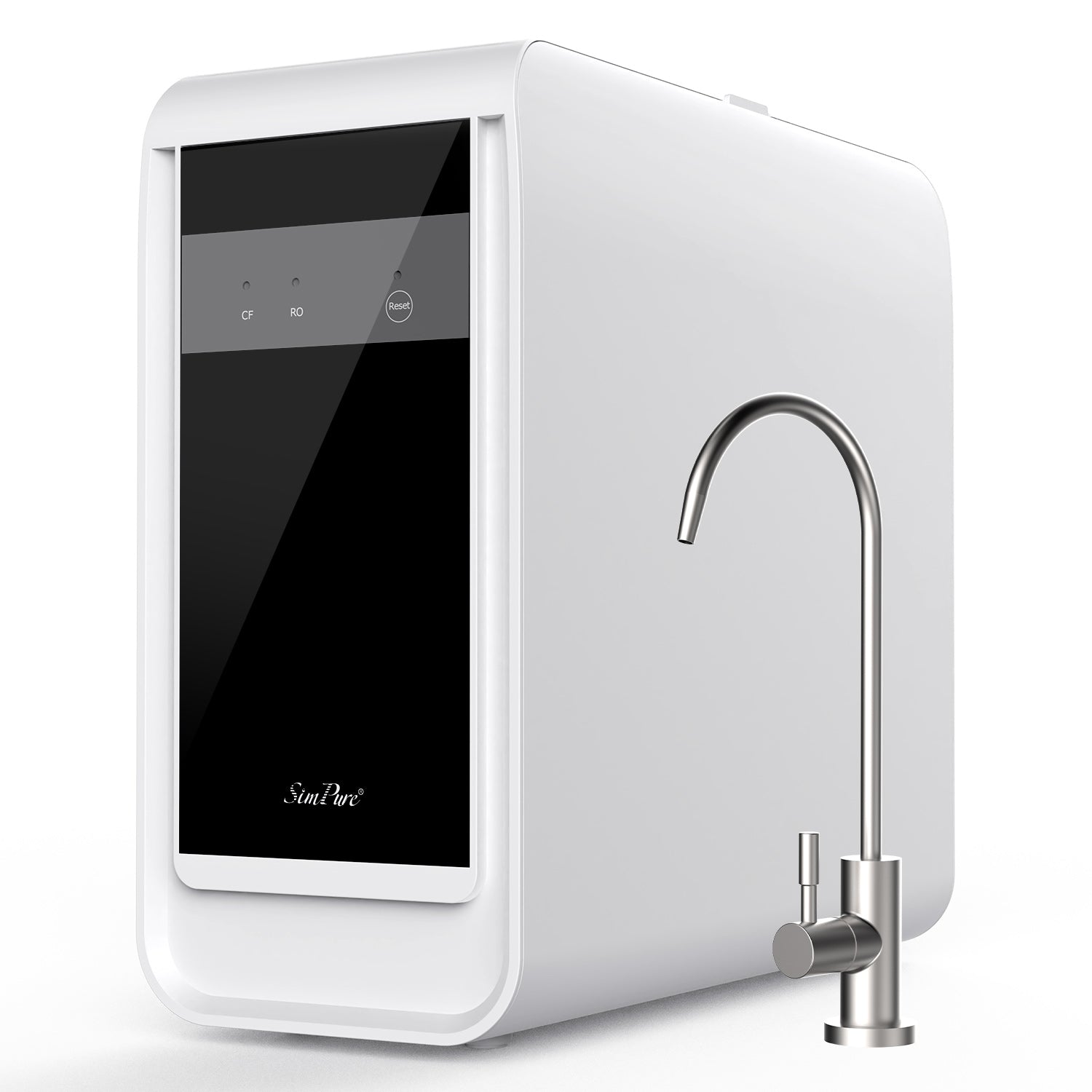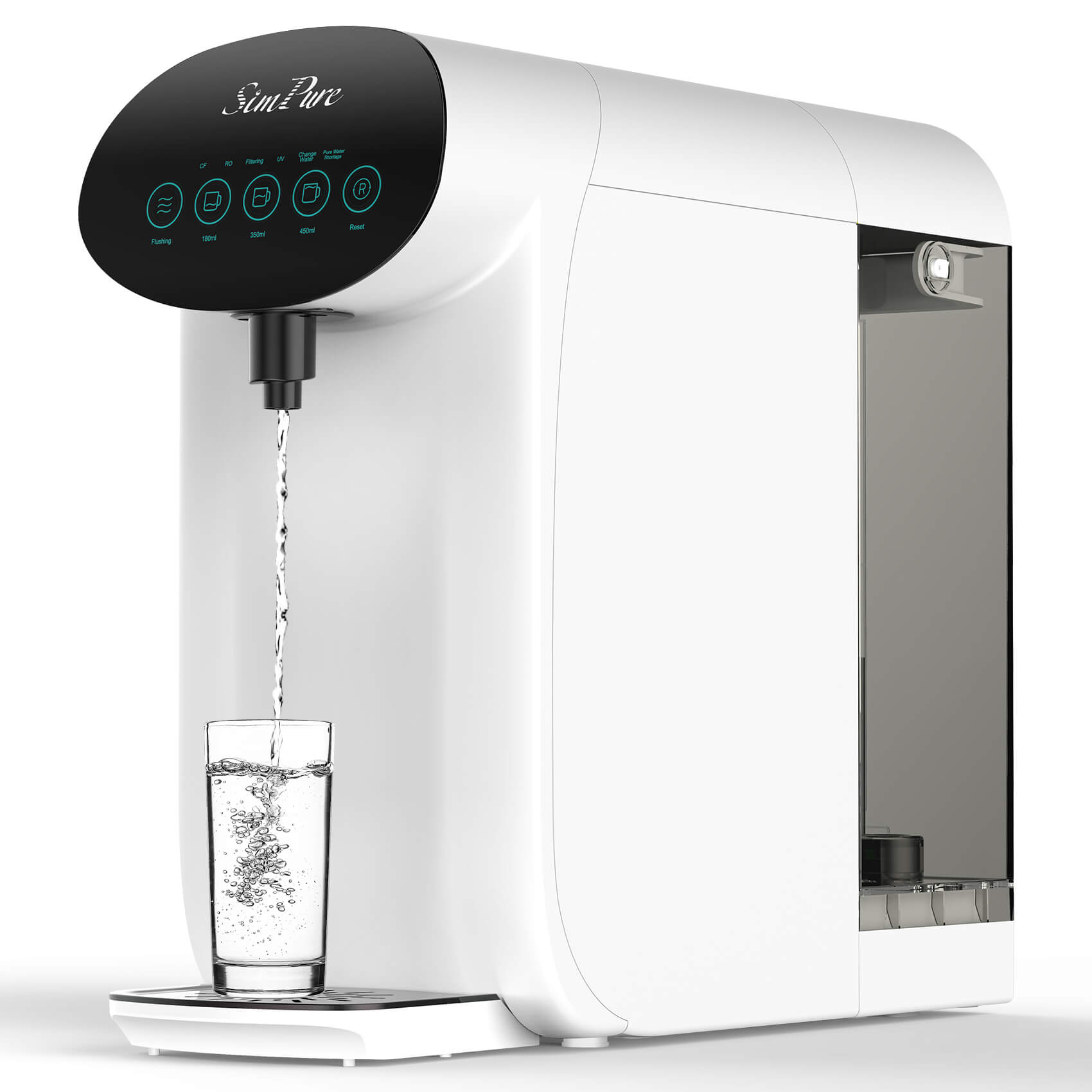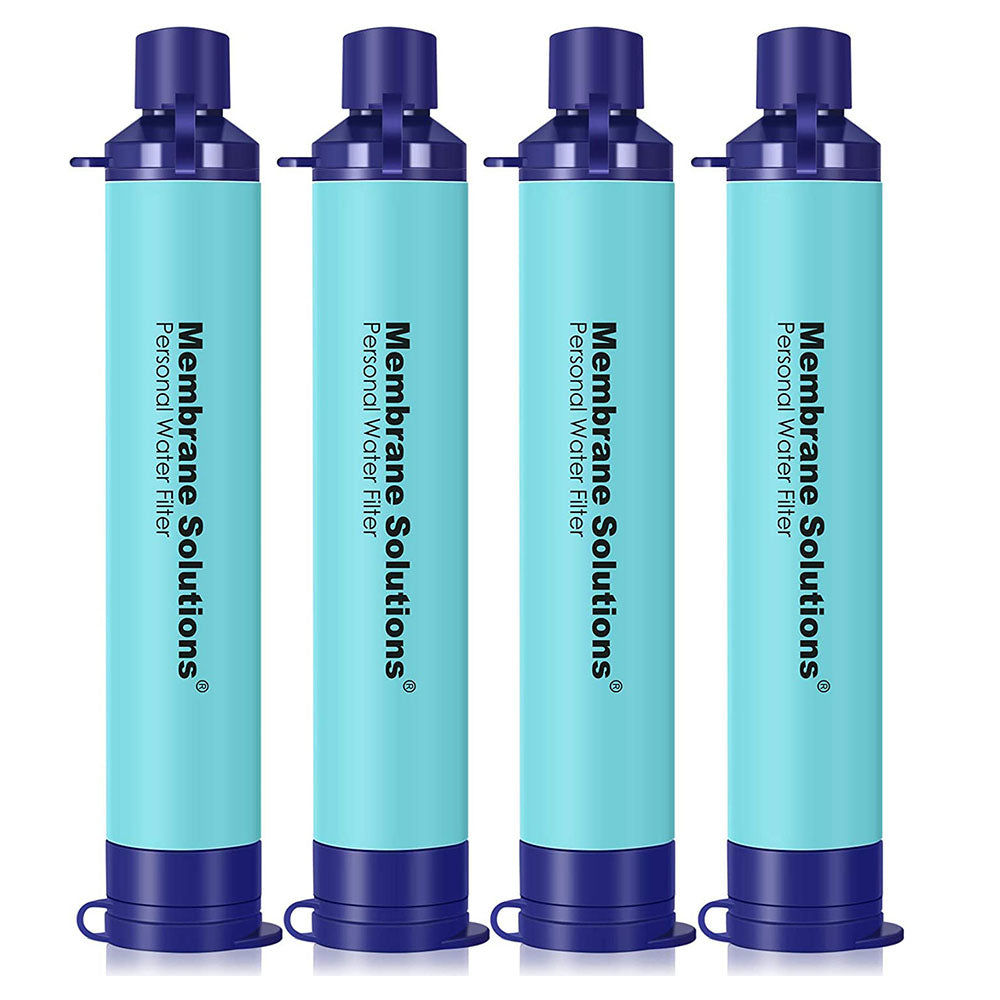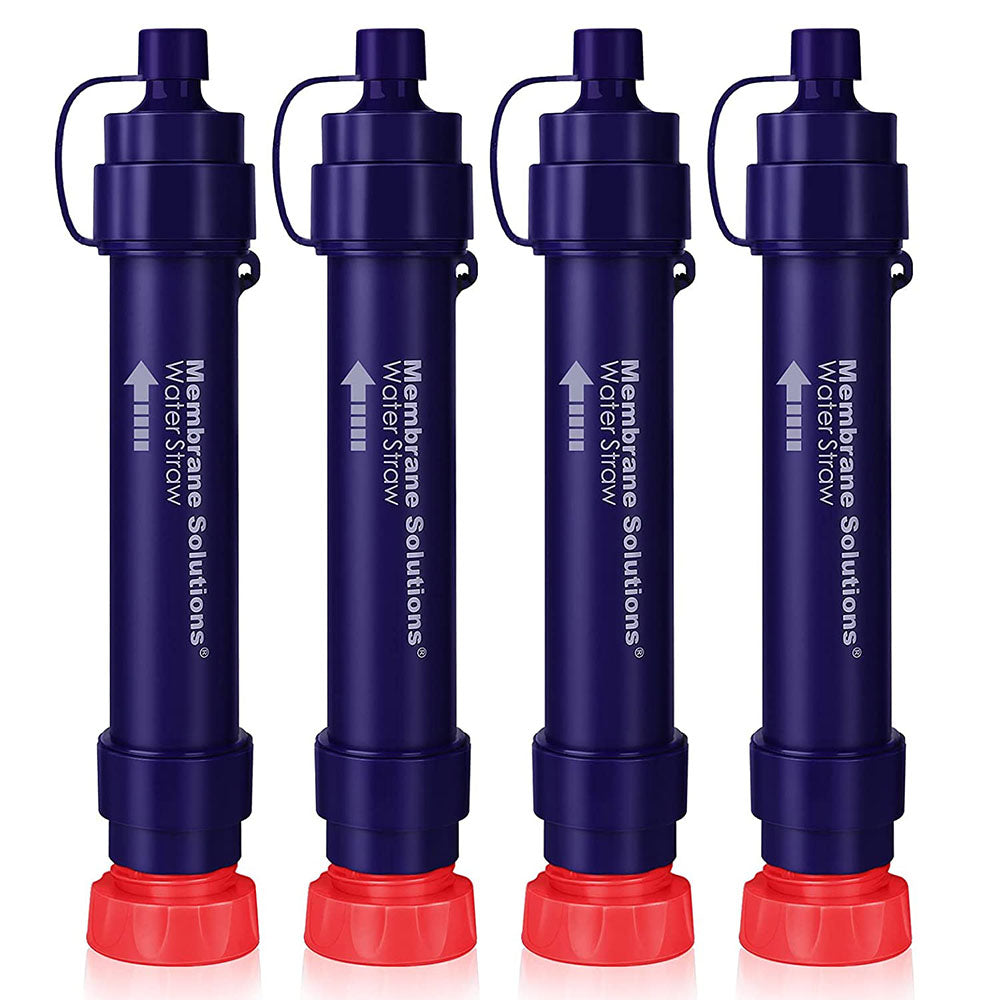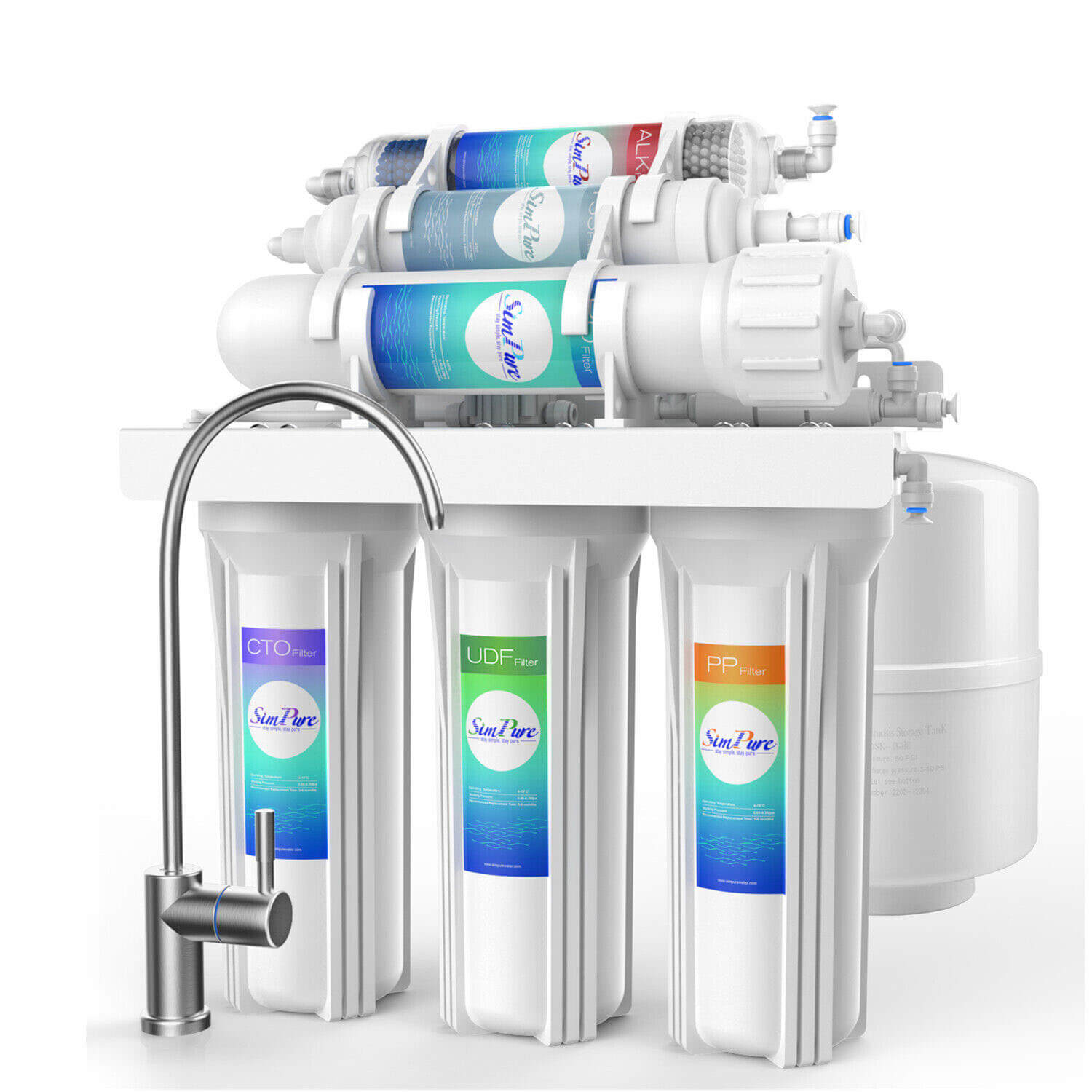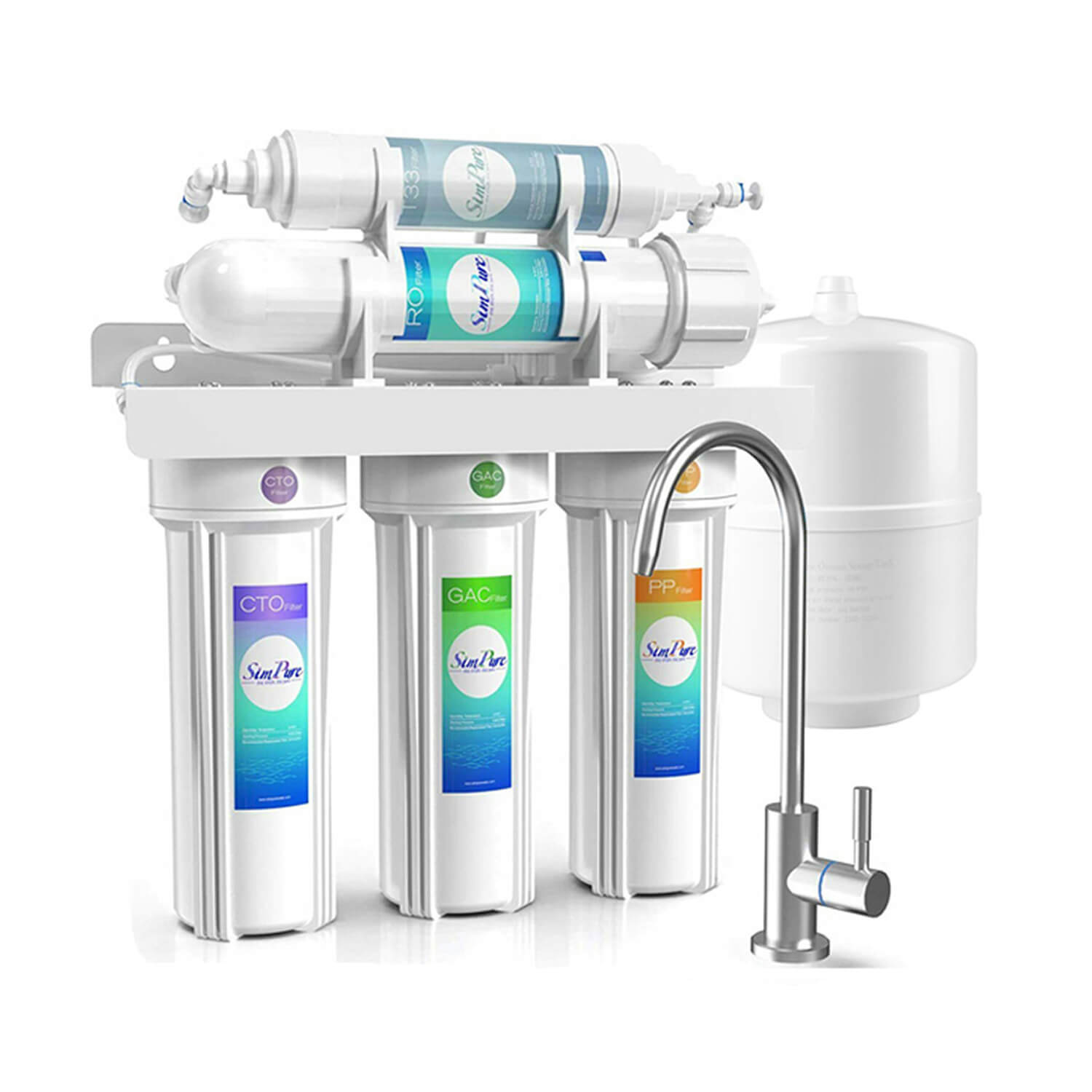You may be considering an air purifier for your home. Maybe you're not sure how it will make a difference to your family's comfort and health. We may be a little biased, the truth about air purifiers is that it will make difference from day one.
Today's homes are tightly sealed against the elements; this also makes them very good at keeping contaminated air in.
According to the Environmental Protection Agency (EPA), some pollutants' concentration is two to five times higher indoors than outdoors. Contaminants like cigarette smoke, wood burning smoke, and smoke from burnt food; gases from cleaning products and building materials; and pet dander all contribute to an unhealthy indoor environment that impacts your family's health.
Particles 10 microns in diameter or smaller, including those found in dust and smoke, are especially of concern because they can find their way deep into the lungs. Breathing in these particles is enough to aggravate the lungs and cause asthma attacks. According to the EPA, long-term exposure to high particle levels is linked to bronchitis, reduced lung function, and premature death.
True purifying effect about air purifiers
Air Purifiers draw room air into the purifier, filter out the pollutants and absorb pollen, smoke, and dust before returning the air to the room clean and free from impurities.
An air purifier sized correctly should perform 3 to 4 air changes per hour for a given room size as a guide. Check the CADR rating on how efficient the air purifier is at removing specific contaminants from different room sizes.
An air purifier using a true HEPA filter can capture at least 99.97% of particles with a diameter greater than or equal to 0.3 microns. They can filter out impurities and particles in the air, such as dust, allergens, pollen, asbestos, dander.

Help your family breathe more comfortably with a clean, odor-free indoor environment that is healthy.

SimPure has a range of high-quality air purifiers suitable for your home, office or car.
Using True HEPA filters with activated carbon impregnated adsorption technology coated with Nanosilver ions reduces pollutants and odors while keeping your home safe.


